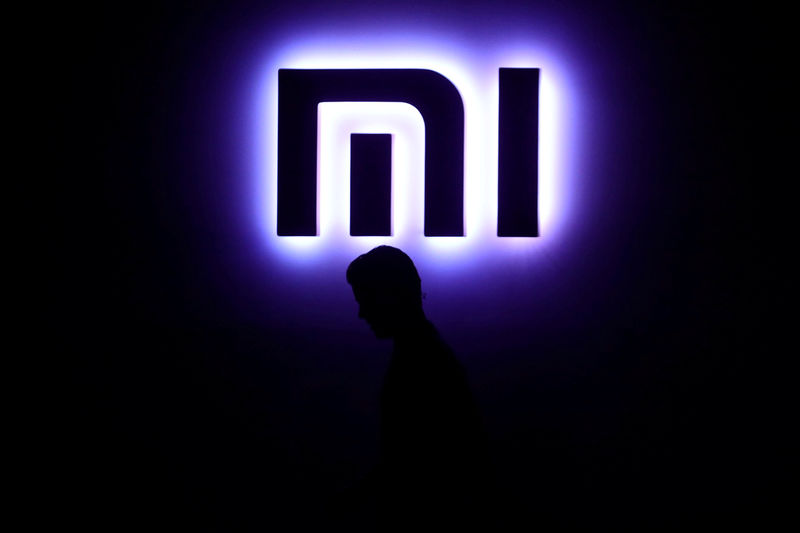Investing.com — Citi analysts have raised their price target Xiaomi (OTC:) Corp (HK:), citing increased confidence in the Chinese electronics giant’s electric vehicle ambitions and expectations for a manageable decline in its smartphone segment.
Citi raised Xiaomi’s price from HK$19.60 to HK$21.90, marking a 35% increase from Xiaomi’s closing price on Tuesday of HK$16.18.
Citi also raised its earnings forecast for the electronics company, citing a better-than-expected outlook for its EV business. Xiaomi is expected to post adjusted earnings per share of 0.64 yuan in 2024, compared to previous forecasts of 0.51 yuan.
The brokerage expects Xiaomi to ship 100,000 units of its newly launched SU7 EV in 2024, up from previous forecasts of 60,000 units, and for shipments to reach 280,000 in 2026.
The positive outlook comes after Xiaomi said at its investor day that it has secured lock-in orders of more than 70,000 units for the SU7 EV and aims to ship 10,000 units by June.
CEO Lei Jun said earlier this month that sales of its first EV offering were three to five times higher than expected, and that deliveries had also started ahead of schedule.
Xiaomi saw unexpectedly strong demand for the SU7, which analysts initially doubted would be successful given the high level of competition in the Chinese EV market.
But the model’s aggressive pricing – less than $30,000 for the base model, which is lower than Tesla Inc’s (NASDAQ:) Model 3 – helped support demand.
For Xiaomi’s core smartphone business, Citi expects a slight increase in sales due to weak global demand, but margins for the company are expected to decline due to higher raw material costs.
Remove ads
.
Xiaomi said it plans to become the world’s largest smartphone maker in terms of shipments by 2028, and it also plans to be among the top three EV makers.
Still, the electronics giant expects to lose money on every SU7 sold. But it also has relatively deeper pockets than its EV competitors.
China is the largest EV market in the world and has seen competition in this area become fierce in recent years as EV manufacturers have slashed prices to capture the largest market share.
This trend was initially started by Tesla, which had sparked a price war in the country with a series of aggressive price cuts over the past two years.
Still, Chinese demand for electric vehicles could now be slowing, especially as broader economic conditions in the country remain weak.


